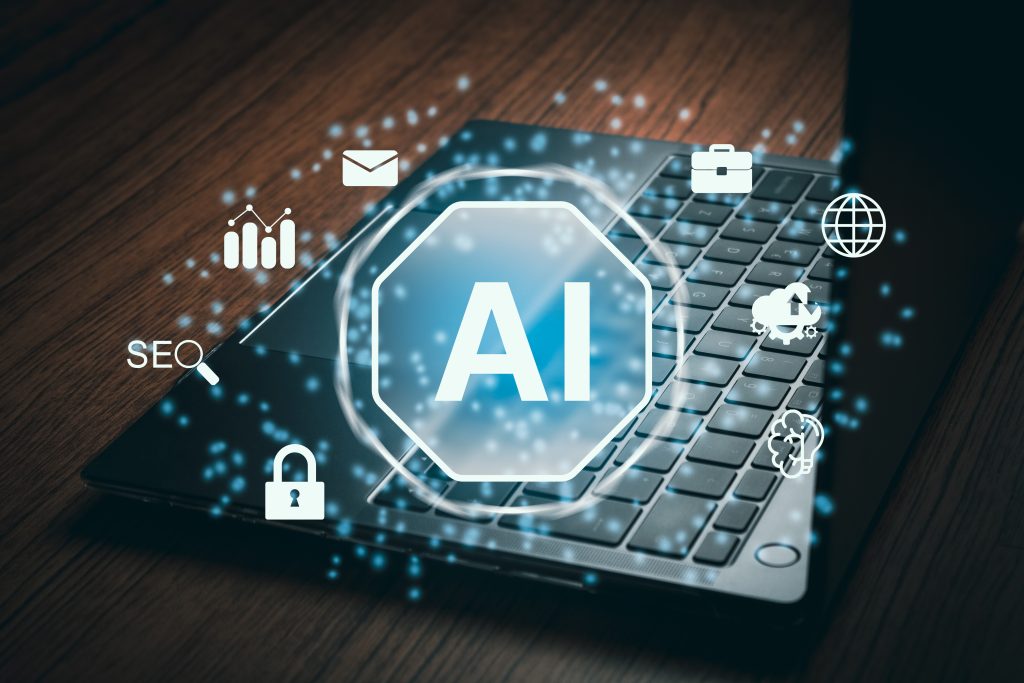Copyright implications of AI: US Copyright Office calls for stakeholder input
To address concerns presented by AI, the agency plans to leverage the feedback from the open public comment period to inform future copyright decisions.

The US Copyright Office has issued a notice of inquiry (NOI), a formal request for comment and inquiry pertaining to copyright and AI. NOI is an initiative to examine the copyright law and policy issues raised by AI technology, including the scope of copyright in works generated using AI tools and the use of copyrighted materials in AI training. The Copyright Office is seeking public comments from interested stakeholders on the following issues:
- Use of copyrighted data in AI training: The Copyright Office wants to understand how AI models should use copyrighted data in their training process.
- Copyrightability of AI-generated material: The Copyright Office is interested in determining whether AI-generated material can be copyrighted, even if there is no human involvement in the creation process.
- Copyright liability with AI: The Copyright Office wants to explore how copyright liability would work in the context of AI-generated content.
- AI and publicity rights: While not technically a copyright issue, the agency is also seeking comments on the potential violation of publicity rights by AI. This refers to the use of AI to generate content that may infringe on the rights of individuals to control the commercial use of their likeness or personal information.
The comment period starts on 30 August, and written comments are due by 18 October, with replies due by 15 November.
Why does it matter?
These matters carry substantial significance due to the growing concerns surrounding the copyright status of AI training data and the outcomes produced by generative AI tools. To address these concerns, the agency plans to leverage the feedback from the open public comment period to inform future copyright decisions and potentially influence future AI regulations.
